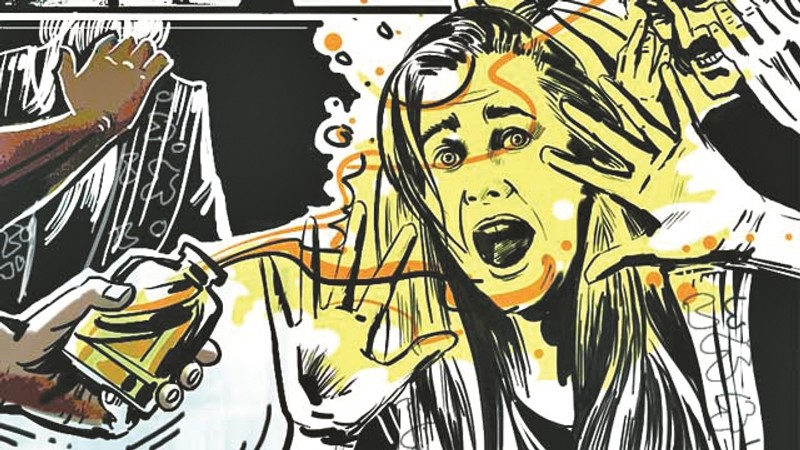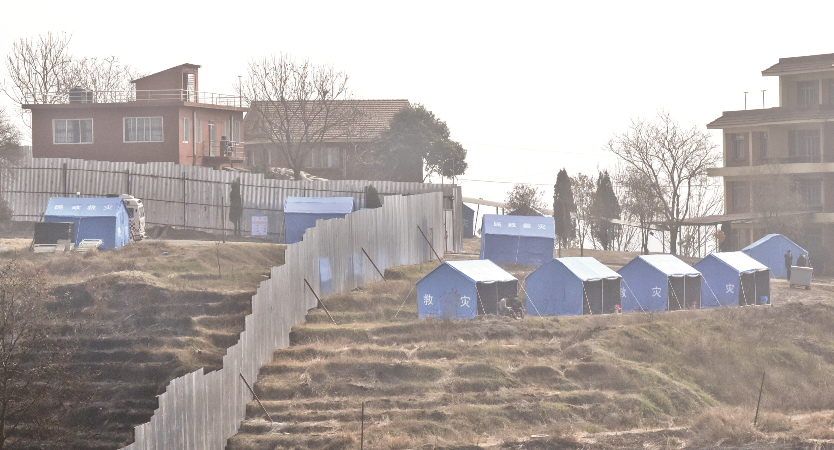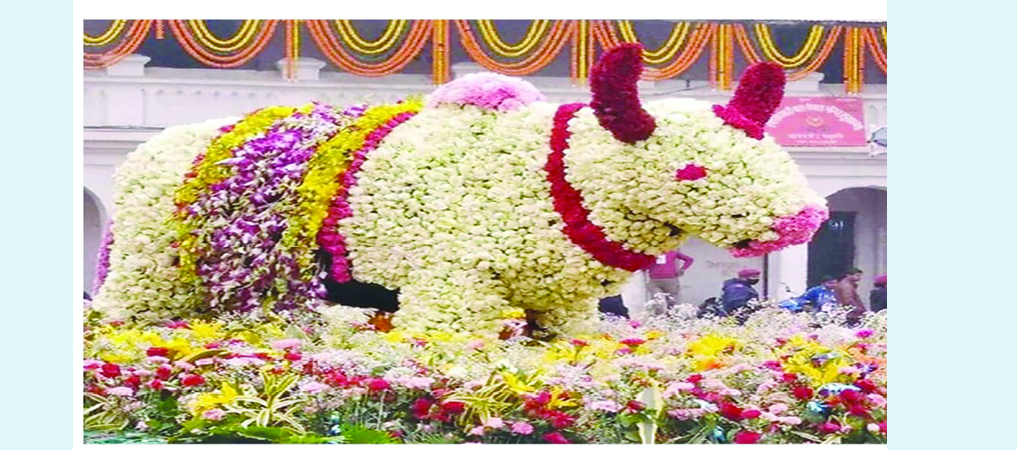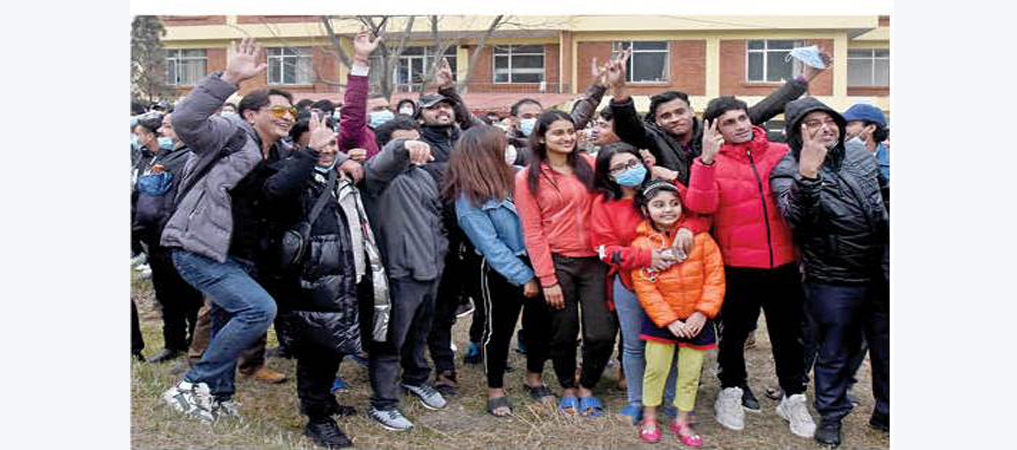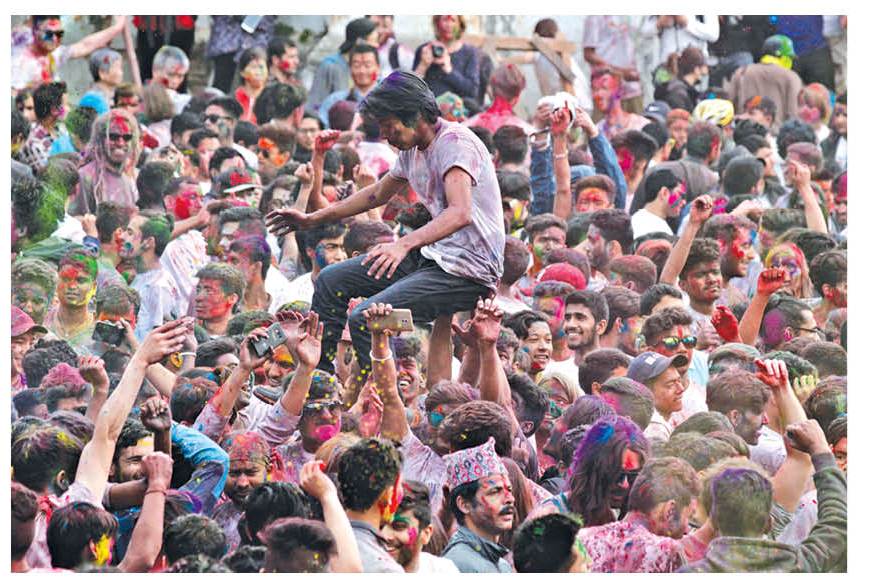Omicron infection not severe in vaccinated people
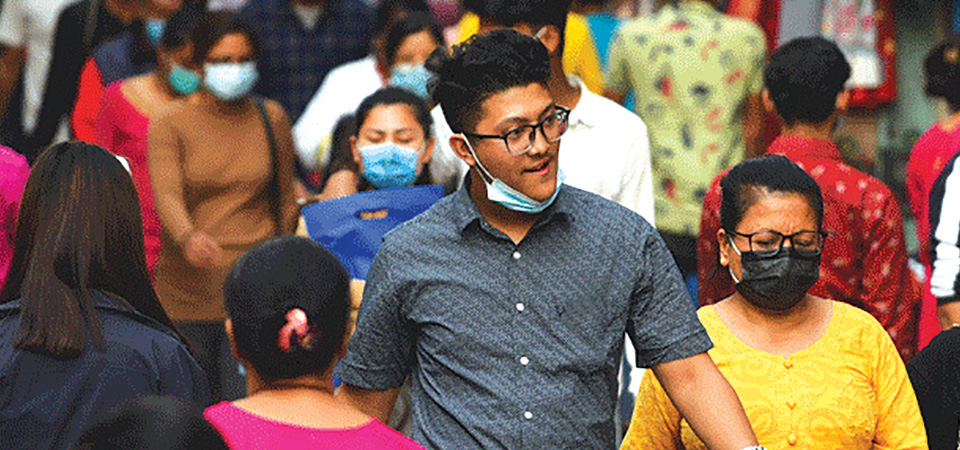
By Sampada A. Khatiwada
Kathmandu, Jan. 14: In recent times, the novel coronavirus has spread like wildfire in Nepal, especially in the Kathmandu Valley. As the infection rate, which was at 4.4 per cent last Thursday jumped to 23 per cent in a week's span, the epidemiologists have suspected that along with Delta variant, the Omicron strain of coronavirus must have been spreading in Nepal at lightning speed.
Similarly, the World Health Organisation (WHO), in its weekly epidemiological report on Tuesday, informed that the COVID-19 cases increased by 55 per cent (15 million) in one week from January 2 to 9. This is the highest number of cases reported worldwide in a single week until now.
On Thursday, India reported that its daily infection rate went up by 27 per cent in the span of 24 hours. While the Omicron cases are increasing rapidly in India, the threat of yet another wave has increased in Nepal. A week earlier, Nepal's active caseload was at 5,431. It has now jumped to 14,340.
The government's decision to restrict public gatherings and close operation of physical classes in schools and increase surveillance in border areas also hint that the new variant, which is considered to be highly contagious, has spread in the nation.
Meanwhile, the public health experts have said that the Omicron variant is found to be less fatal than other variants of the coronavirus.
During a press briefing on Wednesday, the WHO said that the Omicron was less severe than Delta strain, but is still dangerous to unvaccinated groups. "However, this new strain stands as a danger because many people across the world are yet to be vaccinated," said director general of the WHO Tedros Adhanom Ghebreyesus.
The WHO director general also said that the Omicron variant was rapidly replacing Delta variant in almost all countries and majority of Omicron-infected who have been hospitalised are unvaccinated patients.
Similarly, chief of the Clinical Research Unit of Teku Hospital Dr. Sher Bahadur Pun said that the Omicron strain was spreading in Nepal and its effect could be seen in hospitals. "Lately, there has been an increase in number of patients visiting the hospital with symptoms similar to that of COVID-19," he said.
Dr. Pun said that the symptoms of Omicron were mild and no serious illness was reported among the vaccinated people. "Discomfort and itchy throat, tiredness, headache, muscle pain, slight increase in body temperature, runny or blocked nose are the common symptoms of Omicron infection," he added.
"Although vaccinated people can be infected with the virus, the severity of infection is very low," said Dr. Pun, adding, "As the vaccination campaigns have been running nationwide, we may not face a crisis like we did during the previous waves."
Stating that half of the population is yet to be inoculated, Dr. Pun said that the vaccination campaign should be run effectively and the public should also participate in the campaign to minimise the impact of Omicron in Nepal.
As of Thursday, a total of 48.5 per cent of the total population received first dose of COVID-19 vaccine and 35. 9 per cent have been inoculated with the full dose.
Meanwhile, Dr. Sangita Mishra, spokesperson for the Ministry of Health and Population (MoHP), said that the government was carrying out the vaccination drive in full fledge to control the spread and severity of Omicron. "I request everyone to follow the health protocols and help the government fight this battle against COVID-19 by participating in the vaccination campaign," she said.
Recent News

Do not make expressions casting dout on election: EC
14 Apr, 2022
CM Bhatta says may New Year 2079 BS inspire positive thinking
14 Apr, 2022
Three new cases, 44 recoveries in 24 hours
14 Apr, 2022
689 climbers of 84 teams so far acquire permits for climbing various peaks this spring season
14 Apr, 2022
How the rising cost of living crisis is impacting Nepal
14 Apr, 2022
US military confirms an interstellar meteor collided with Earth
14 Apr, 2022
Valneva Covid vaccine approved for use in UK
14 Apr, 2022
Chair Prachanda highlights need of unity among Maoist, Communist forces
14 Apr, 2022
Ranbir Kapoor and Alia Bhatt: Bollywood toasts star couple on wedding
14 Apr, 2022
President Bhandari confers decorations (Photo Feature)
14 Apr, 2022





